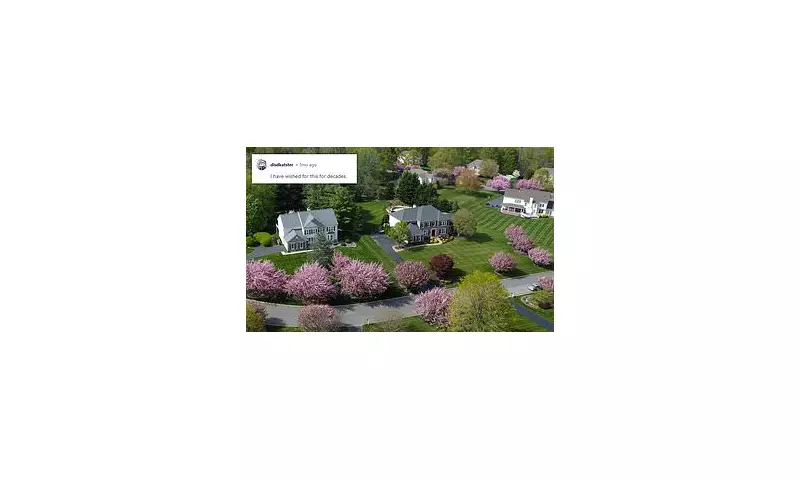
Homeowners in Arlington, Massachusetts are up in arms over a controversial new environmental law that threatens residents with substantial fines for using gas-powered leaf blowers on their own properties.
The Phased Ban Taking Effect
The contentious bylaw, approved at Town Meeting, began implementation in stages during 2023 and reaches critical milestones over the next two years. Commercial landscapers face a permanent ban on gas blower use starting March 15, 2025, while homeowners have slightly longer to adapt before the rules tighten further.
Residents currently enjoy limited usage windows, permitted only between March 15 to May 31 and September 15 to December 30 each year. Even during these periods, strict time restrictions apply. The complete prohibition for homeowners takes effect on March 15, 2026, after which gas-powered equipment becomes entirely illegal for residential use.
Enforcement and Penalty Structure
Enforcement actions have already commenced under the new regime. First-time offenders receive a written warning, but subsequent violations trigger increasingly severe penalties. A £100 fine follows the initial warning, escalating to £200 for every additional offence.
The enforcement mechanism places responsibility squarely on property owners, meaning residents can be fined for violations committed by hired landscaping crews working on their property. Complaints must be formally filed with the town's Health Department, requiring detailed information including the operator's name, location, time of incident and the complainant's signature.
National Trend and Divided Opinions
Arlington's move reflects a growing national movement to phase out gas-powered lawn equipment across the United States. The debate has sparked intense online discussions, revealing deeply polarised views within communities.
Environmental advocates celebrate the transition. "This can't happen fast enough," one Reddit user commented. "Not only is it way better for the environment, but electric ones are so much quieter!" Another supporter added: "I have wished for this for decades."
However, practical concerns dominate opposition arguments. Critics highlight battery life limitations and equipment costs. "I'll never go full electric because it's a waste for where I live," one user argued. "The battery doesn't last long and the time wasted makes me never want to use one again." Professional landscapers note the logistical challenges, with one observing that "workers can't use batteries all day unless they get like 20 of them."
According to USA TODAY, the conflict over leaf blowers has intensified as environmental groups, public-health advocates and lawmakers push to eliminate the noisy, pollutive machines that have been garden staples since the early 1970s.
Broader National Context
Major regions have already implemented similar restrictions. Washington, D.C. now fines companies or individuals up to £500 per offence under its Leaf Blower Regulation Amendment Act. California passed AB1346, banning sales of gas-powered blowers and weed whackers effective July 1, 2024.
Dozens of cities from San Diego to Denver to Montclair, New Jersey have adopted comparable restrictions. Environmental organisations argue the switch is essential, with one California-based group telling USA TODAY that "transitioning to battery-powered landscaping equipment is a more sustainable alternative that would move us closer to meeting climate action goals and reduce harmful health effects."
Even major retailers are signalling the end of gas-powered tools. According to the Public Interest Research Group, giants like Home Depot and Lowe's have already reduced their inventory of gas-powered lawn equipment in favour of electric models.
However, not all states embrace this trend. Texas and Florida have passed laws blocking cities from issuing outright bans, arguing the rules unfairly target landscapers and undermine the oil and gas industry.
Some jurisdictions are offering financial incentives to ease the transition. Dallas, Austin, and Louisville are providing rebates, as are states including Indiana, Massachusetts, Nebraska, and Wyoming, attempting to balance environmental goals with practical considerations for homeowners and landscaping businesses alike.





